Project aimed at coordinated action, improved farm management
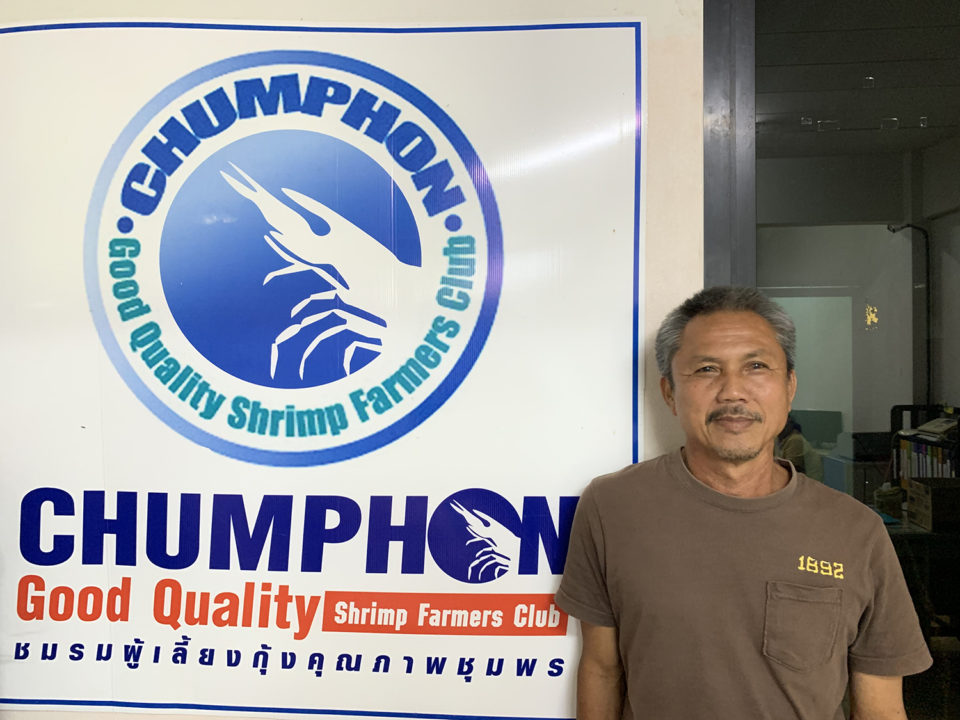
When the shrimp aquaculture industry was hit with Early Mortality Syndrome in 2012, the disease outbreak was devastating.
“Experts estimate it cost well over $50 billion in lost revenue and reduction in the size of the industry,” said Anton Immink, aquaculture program director at the Sustainable Fisheries Partnership (SFP). “Many farmers went out of business, but despite these consequences, industries and governments aren’t investing anywhere near that amount to fix shrimp disease. It’s accepted that shrimp farming is a risky business and that there will be another new disease along every year, so farmers have accepted the good and the bad.”
SFP, in collaboration with IDH, the Sustainable Trade Initiative based in the Netherlands, is determined to be anything but complacent about shrimp disease. The two organizations recently recruited XpertSea and the Fish Vet Group to develop tools and interfaces aimed at helping farmers reduce disease outbreaks both individually and at the area level, through improved farm management and coordinated action.
A pilot project launched this month at 150 shrimp farms in Thailand’s provinces of Surat Thani and Chumphon. Participating farmers are using XpertSea’s XperCount tool to capture the weight and size of their shrimp. They’re also using the farm management app to input data on water quality, feed and probiotic use and mortalities.
“XperCount delivers a complete picture of what’s in the pond in terms of estimated total biomass and weight distribution,” said Michael Lefebre, chief revenue officer at XpertSea. “But our real edge is that with the pictures of the shrimp combined with machine learning, we can train our artificial intelligence model to look at early signs of diseases and give a warning if we believe something is developing. We’re combining qualitative data – growth, water and feed – with images and using these components to have our AI detect early signs of trouble in a pond.”
We farmers share the same vision and we think that by joining efforts we can reach our objectives, improve our productivity and reduce the risk of shrimp disease on our farms.
Fish Vet Group provides complete health management service for farmers, including diagnostic testing, advice and farm and area management apps. Their portable PCR is able to detect shrimp disease rapidly – in a matter of hours instead of days.
“We want farmers to have an early diagnosis of disease problems on their farm,” Immink said. “Using data collected on the XpertSea platform and combined with Fish Vet Group’s diagnosis and area management tool, we can build a better picture of what practices on the farms might be causing disease problems. If lots of farmers across an area are using any farm management tool and feeding into the area management tool, we could start to understand common factors causing reductions in productivity. They might be buying the same feed, or purchasing shrimp larvae from the same hatchery, or sharing a common water supply. This tool will help us see if some of these common risk factors are causing problems in productivity and disease.”
Among the early challenges was the task of persuading farmers to participate in the program, Immink said.
“Thai shrimp farmers were nervous about others having access to data from their farms, even though they retain ownership of the data and each company maintains strict security and confidentiality protocols,” he said. “And farmers are always apprehensive about putting their hand up to say they have a disease problem. They don’t want others thinking they caused the disease!”
After working with farmers in the two provinces for 15 months, engaging them in the design of the project and allowing them to test the tools, Immink and his team were able to address those fears and convince the farmers of the value of early warning shrimp disease detection.
“This is for the farmers’ benefit and it should increase their productivity,” he added. “The broad idea is that these farms will become more investable and more insurable as more data becomes available. And while we’re initially focusing on field validation in specific provinces in Thailand, this project is being developed with global applicability in mind.”
Shrimp farmers like Phathana Rattanathavee, chairman of the Chumphon Quality Shrimp Club and owner of Labor Farm, see the value.
“Shrimp disease has affected me a lot in the past and EMS was terrible,” said Rattanathavee, owner of Labor Farm, a 32-hectare shrimp farm in Chumphon. “While I’ve not been affected by White Spot Syndrome virus like other farmers, I know it’s a real problem in our community and a very sensitive topic, as any disease affects us economically.”
The Chumphon Quality Shrimp Club aims to share news about improved farming practices and new technology, and this project represented a great opportunity for himself and other members to try new technology, he said.
“I see the benefits from both XperCount and the PCR, as one technology gives us more precision and saves time, while the other checks for shrimp disease in less than two hours,” said Rattanathavee. “We farmers share the same vision and we think that by joining efforts we can reach our objectives, improve our productivity and reduce the risk of shrimp disease on our farms. That will allow us to culture the shrimp for longer and reach more desirable sizes with better market prices.”
The project is free for participating farmers right now and its $500,000 price tag is being funded by the Walmart Foundation and IDH. In the future, Immink said the cost of services would be a commercial decision between farmers, clubs and other users perhaps in government.
The project is extremely important to Quebec City-based XpertSea, whose mission is to make aquaculture more sustainable through technology.
“For us this is just the beginning as we use our AI models to push disease detection,” Lefebre said. “Artificial Intelligence is changing how cancer is being detected in humans and we feel we can do the same for the aquaculture industry, but to get there we need to keep feeding our model with more images of shrimp with diseases, so it gets better at finding diseases as early as possible. This will give farmers choices, such as doing non-antibiotic treatment or partial harvesting. Working with SFP, IDH and FishVet is a great opportunity for us to learn, integrate and develop more area management tools to really make a difference – not only at the farm level, but globally.”
Follow the Advocate on Twitter @GAA_Advocate
Now that you've reached the end of the article ...
… please consider supporting GSA’s mission to advance responsible seafood practices through education, advocacy and third-party assurances. The Advocate aims to document the evolution of responsible seafood practices and share the expansive knowledge of our vast network of contributors.
By becoming a Global Seafood Alliance member, you’re ensuring that all of the pre-competitive work we do through member benefits, resources and events can continue. Individual membership costs just $50 a year.
Not a GSA member? Join us.
Author
-
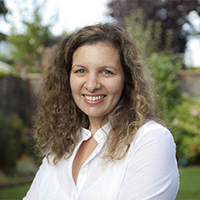
Lauren Kramer
Vancouver-based correspondent Lauren Kramer has written about the seafood industry for the past 15 years.
Tagged With
Related Posts
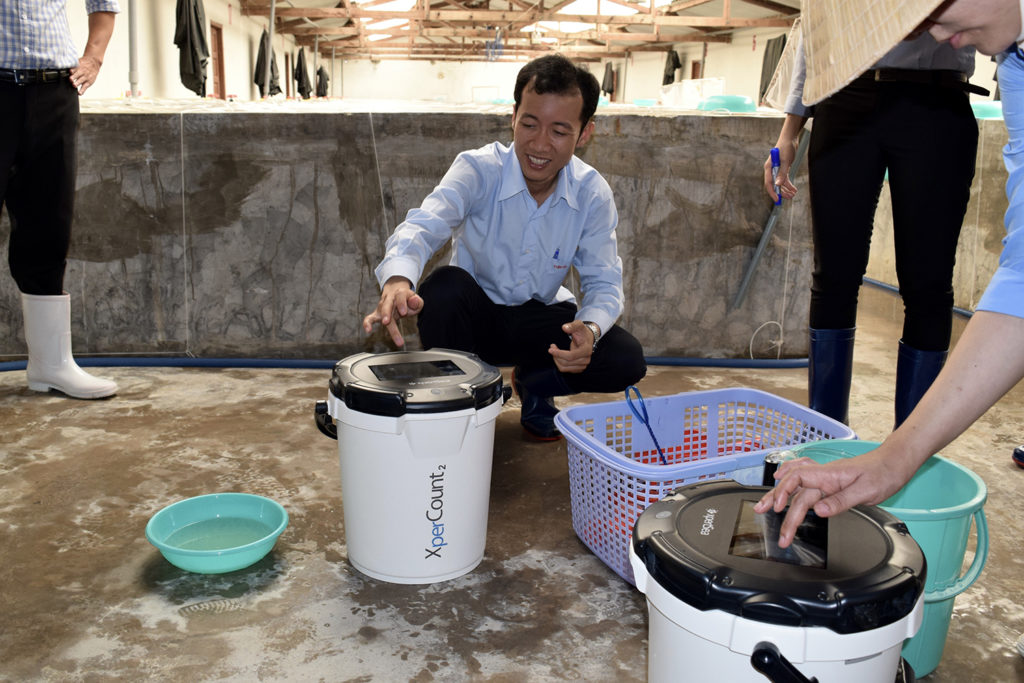
Innovation & Investment
AI platform delivers data to fish and shrimp farmers
XpertSea does more than count fish. It uses AI and computer vision to calculate growth rates and optimal harvest dates to improve aquaculture efficiency.
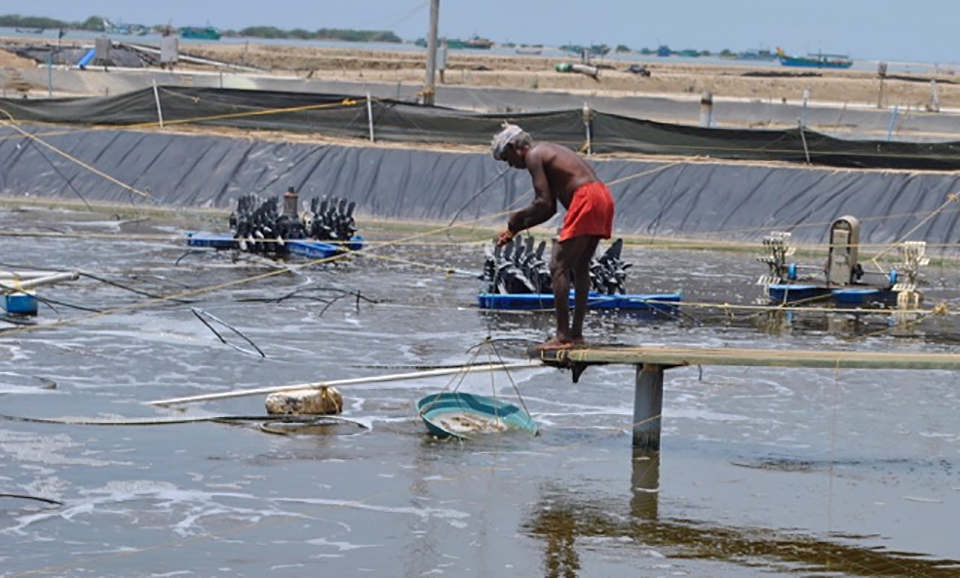
Innovation & Investment
If it’s broken, fix it: Startup takes on shrimp industry in India
A serial tech entrepreneur and a shrimp trader want to be Amazon for India’s shrimp farming industry. An accelerator program half a world away has brought them closer to their goals.
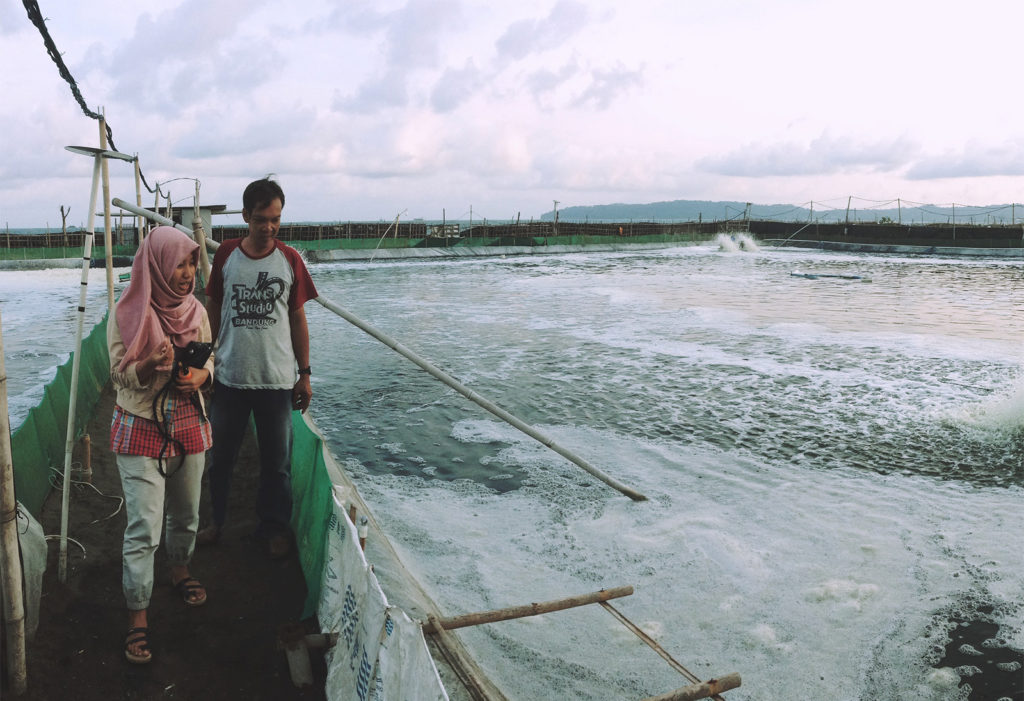
Innovation & Investment
JALA engineering innovation for Indonesian shrimp farmers
A company in Indonesia hopes the vast network of shrimp farms throughout the country will adopt its IoT device, particularly when they’re on the go.
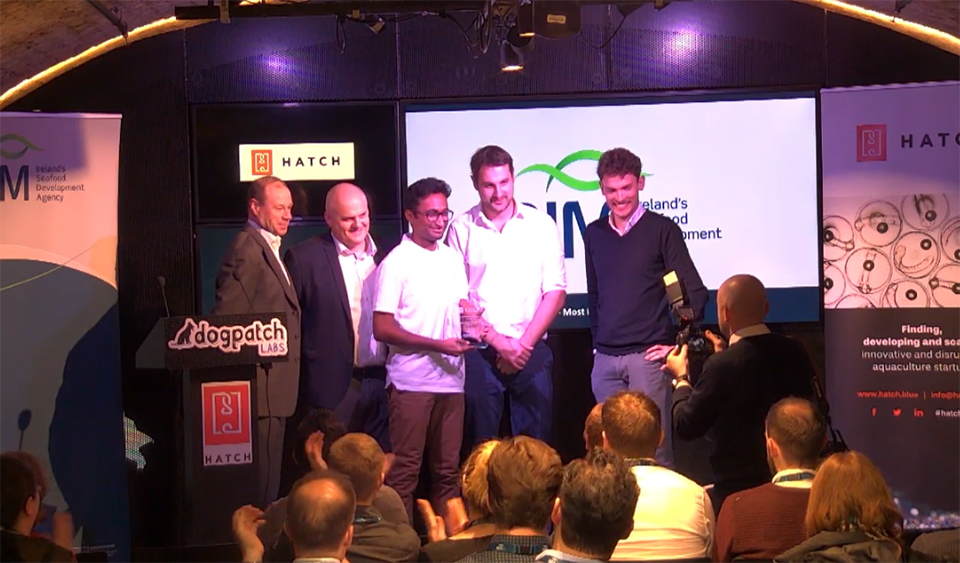
Innovation & Investment
Hatch opens six-pack of winning aquaculture innovators at Demo Day
Demo Day in Dublin, Ireland, last week marked the conclusion of the Hatch aquaculture business accelerator’s second cohort in 2018.


